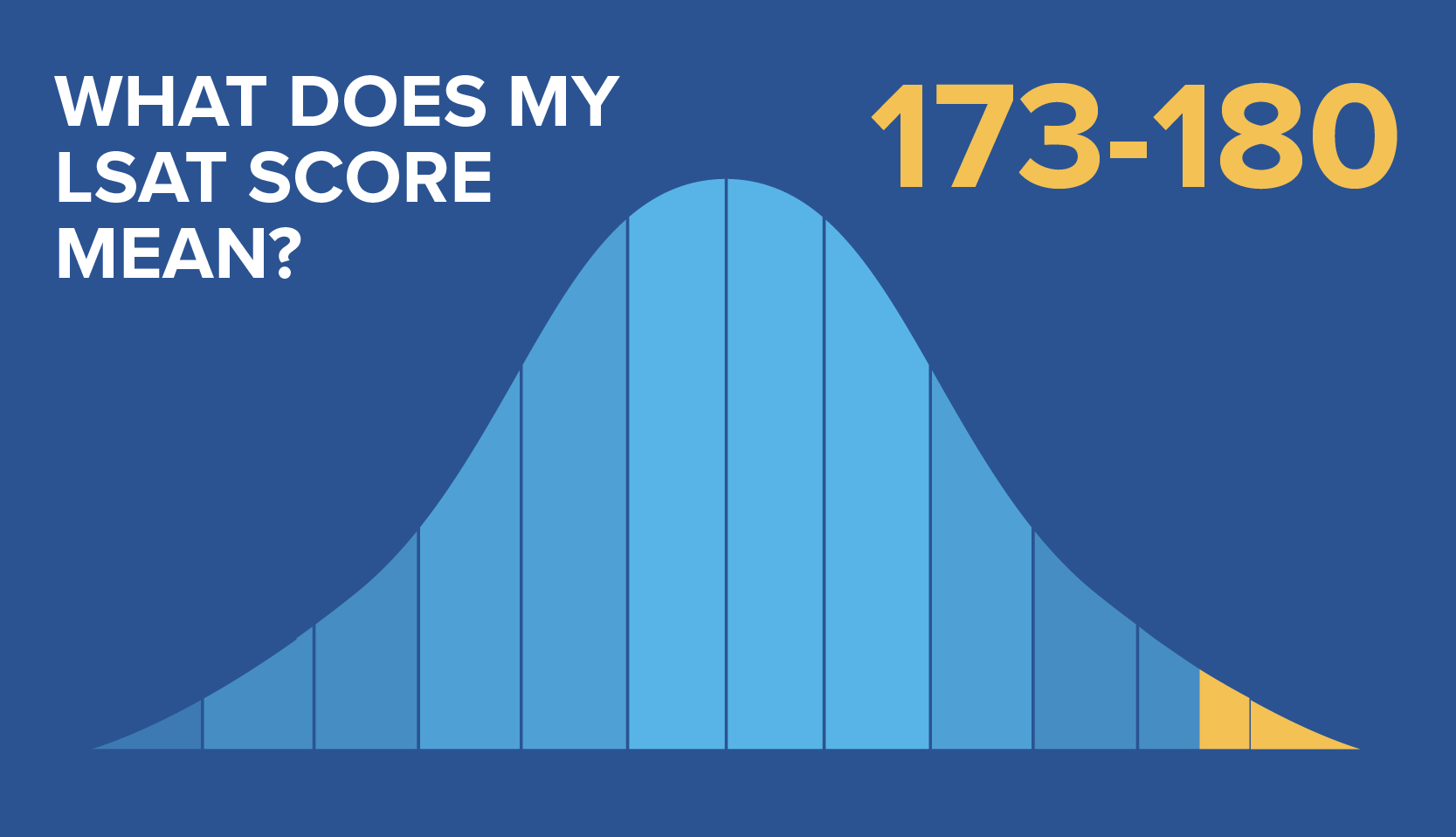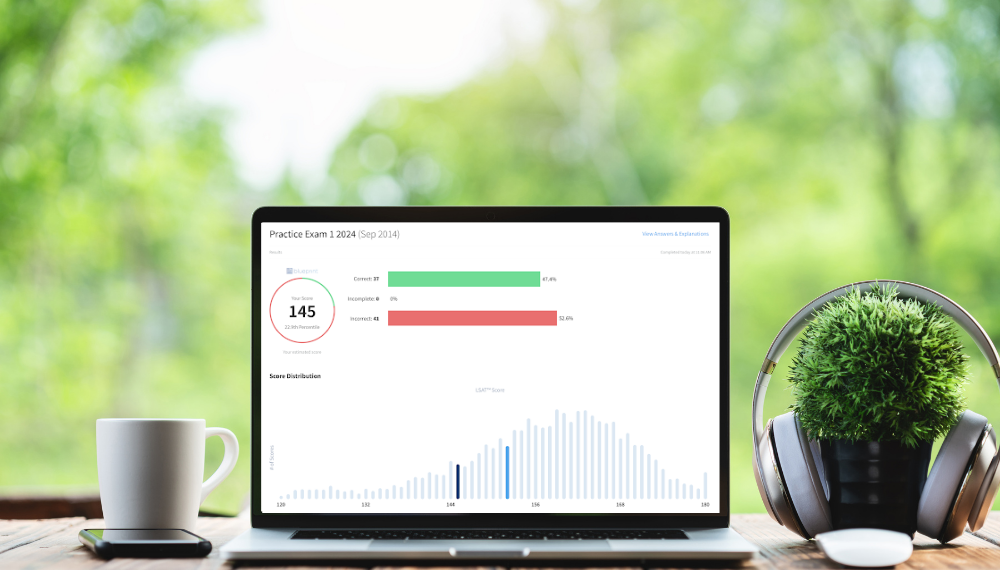
For most people preparing to apply to law school, the LSAT is not their only responsibility. Many work full-time jobs or are still finishing their undergraduate degrees, among other activities. So with days that are already packed with to-dos, exercise and nutrition can easily get pushed to the bottom of the list.
And yet, our bodies are the vehicles through which we learn, experience emotions, and process stress, and few things (aside from sleep) could help us do that more successfully than fitness and a healthy diet.
This predicament is not unique to individuals. Many businesses find themselves in similar situations, in which the pressure to continue producing a high level of output delays needed improvements in infrastructure that could actually maximize efficiency, reduce expenses, and raise income. Indeed, many businesses are typically only likely to invest time and money in the improvement of their operations when it becomes clear that the costs of procrastination far outweigh the costs of the infrastructure investment.
If we are having trouble creating the time in our packed schedules to invest in our physical health, we can view that effort in a similarly pragmatic fashion. Fitness and nutrition are not just good for us; they are good for our bottom line. There is abounding evidence that proper exercise and diet improve energy and mental acuity while reducing stress, meaning that time spent on health would allow us to get more done when we actually sit down to work. We can feel better and raise productivity.
With that said, there is a rather overwhelming cacophony of voices shouting various advice about what actually constitutes beneficial diet and exercise. To some extent, everyone must navigate that information to construct his or her own appropriate personal practice. For LSAT studiers, however, there are a few good tips to keep in mind.
First, try to make exercise a fairly consistent and quick activity, rather than an occasional marathon. It could be as simple as taking a 15-30-minute walk after dinner before you start studying, or you could decide to hit the gym right before/after work every day. Whatever your exercise preference, it will yield the most benefits if you regularly get out of your head and get your blood flowing. Small, frequent commitments are easier to keep, and daily activity will provide the immediate benefit of improved mood and focus, as well as long-term health benefits.
Second, carbohydrates are not evil. They have gotten a bad reputation as fat-builders, and it is true that they should not form the entirety of a person’s diet. But without them, your brain is like a car running on empty. Carbohydrates break down in your body as glucose, otherwise known as brain fuel. If you are doing intense studying, make sure you are not just eating celery sticks. For a healthy carbohydrate, try brown rice. Since it takes almost an hour to cook, you can make a big batch on Sunday and eat it throughout the week.
Finally, there are some unique considerations on the day before your LSAT administration and on test day itself. The day before your test, avoid exhausting exercise that will force your body to invest energy in recovery while you are taking your LSAT the next day. On LSAT test day itself, consider eating snacks that break down quickly into glucose. For example, eat potato chips rather than nuts. Easily digestible carbs can give your brain the energy boost it needs between depleting test sections.
Striking a balance between health and productivity is an ongoing challenge, but fortunately, the two are not mutually exclusive. Think about how you can use fitness and nutrition to think more clearly and ultimately raise your LSAT score.




